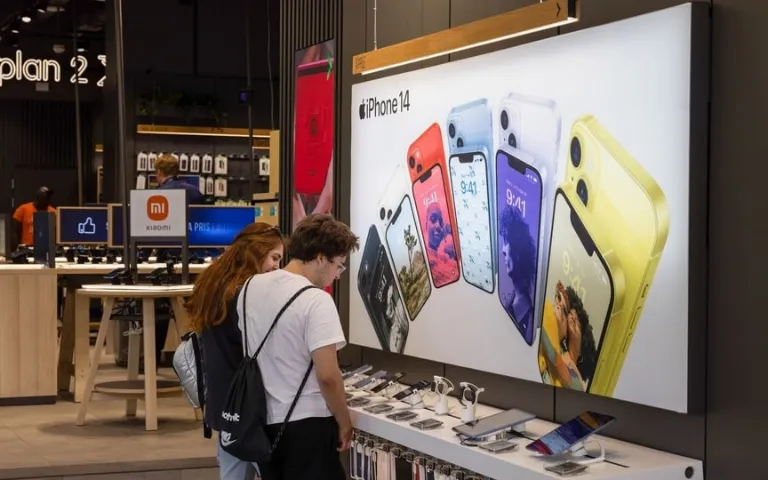Apple Fixes iPhone Bug After Allegations of Russian Hacking
On Wednesday, Apple declared that it has rectified two security vulnerabilities discovered in iPhones and iPads that were utilized to hack devices in Russia. According to the Washington Post, these weaknesses were part of a major operation that Russian intelligence attributed to the United States.
Credit for finding these flaws goes to researchers from the Russian security software maker Kaspersky Lab. Kaspersky had revealed three weeks ago that its senior employees were targeted. Meanwhile, Russia’s Federal Security Service (FSB) accused the National Security Agency (NSA) of being responsible, but no evidence or explanation was provided to support the claim. The NSA has not responded to this allegation.
According to Kaspersky, the attack method involved sending a malicious attachment via iMessage. Even without opening the message, the recipient’s device becomes infected, allowing the attacker to execute the desired code. Rebooting the device would remove the infection, so experts recommend regular reboots. Apple’s optional lock mode also protects against these attacks.
Kaspersky has now provided additional information, revealing that the malicious code installed after the infection contained 24 commands. These commands included cracking passwords from an Apple keychain, monitoring locations, and editing or exporting files.
Kaspersky’s Georgy Kucherin stated: “While investigating the attack, we discovered a sophisticated iOS plugin with a number of intriguing features.” Kaspersky named the attack “Triangulation” and has released, among others, tools to help users check if their devices are infected.
Apple confirmed that the fixes protect iPhones running iOS 15.7 or earlier, which expired in September. The latest versions of the operating system already had additional enhancements that made them immune to these attacks. Apple reports that 90 percent of customers who have purchased devices in the past four years have upgraded to iOS 16, the latest major release.
Kaspersky thanked Apple for its cooperation in analyzing and resolving these vulnerabilities.
In the past, Kaspersky had exposed some of the most advanced spying tools associated with the NSA, including those linked to Stuxnet, which targeted Iran’s uranium enrichment facilities.
U.S. officials later confirmed that Kaspersky’s consumer antivirus software was used to collect classified information from the intelligence officer’s computer. As a result, Kaspersky was banned from federal machines, leading to a significant drop in its market share in the United States.




